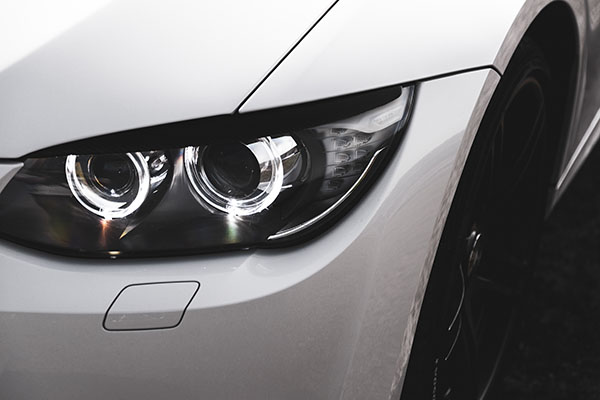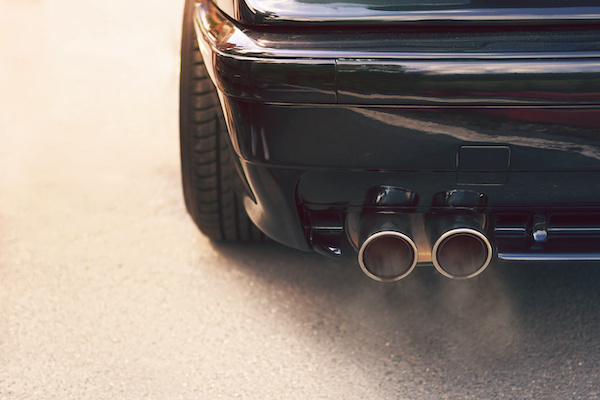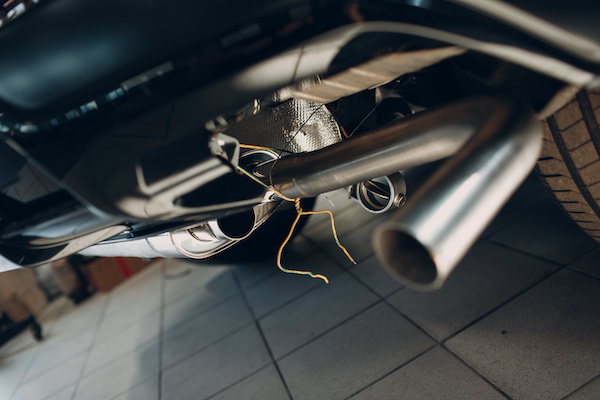Posted on 12/24/2023

As we move towards a more eco-friendly future, hybrid vehicles are becoming increasingly popular. These cars are designed to use a combination of traditional engines and electric power, which helps to reduce emissions and improve fuel efficiency. While they're a fantastic technological advancement, hybrids do require some special care to make sure they continue to run smoothly and stay good for the environment. 1. Battery Health Checks The battery is the powerhouse of a hybrid, dictating its electric performance. Periodic checks ensure the battery's capacity, voltage, and overall health, preventing unexpected failures and maintaining optimal efficiency. Procedure: Voltage Check: Measure the voltage to ensure it aligns with the manufacturer's specifications. Capacity Test: Evaluate the battery's ability to hold a charge, identifying any significant drops in capacity. Cooling System Inspection: Ensure the cooling system is fu ... read more
Posted on 11/30/2023
.jpeg)
Owning a Maserati is more than just having a car; it's embracing a lifestyle marked by unparalleled luxury, performance, and timeless elegance. As you go on with the journey of Maserati ownership, there are nuances and delights unique to this Italian marque. 1. Craftsmanship Beyond Compare At the heart of every Maserati lies a masterpiece of Italian craftsmanship. From the iconic trident emblem to the sumptuous interiors adorned with premium materials, each detail is a testament to the brand's commitment to luxury. As an owner, relish the knowledge that you're driving a work of art—a symphony of design and engineering meticulously curated for an extraordinary driving experience. 2. Maintenance with Precision Maserati vehicles demands precision in maintenance. Regular service intervals are not merely routine; they a ... read more
Posted on 10/30/2023

It seems like you're excited to make the most out of your Honda Civic - who wouldn't want that, after all? Just imagine the feeling of cruising down the open road with your beloved car, enjoying the smooth, efficient, and reliable driving experience. The sound of the engine purring in harmony with your journey is truly something special. Regular Oil Changes We understand that you want to keep your Honda Civic engine running smoothly for a long time. That's why it's important to follow the recommended oil change schedule in your owner's manual. Regular oil changes help keep your engine healthy and prolong its lifespan, resulting in optimal engine performance. A well-lubricated engine also provides a comfortable and efficient driving experience, making your time behind the wheel more enjoyable. Tire Care Proper tire maintenance is crucial for bot ... read more
Posted on 9/30/2023

When you think about your car's components, the muffler might not be the first thing that comes to mind. But this unsung hero plays a crucial role in your vehicle's performance and your driving comfort. The Purpose of a Muffler Imagine driving a car without a muffler. It would be a roaring, deafening experience. Mufflers are designed to reduce noise generated by the exhaust gases escaping from your engine. They do this by using a series of chambers and baffles to "muffle" or dampen the sound, hence the name. Why Mufflers Matter Noise Reduction: As mentioned, mufflers are primarily responsible for reducing noise, making your drive quieter and more comfortable for you and your passengers. Engine Efficiency: Mufflers also play a role in optimizing your engine's performance. By controlling exhaust flow, they help maintain the right backpressure, which can improve horsepower and fuel efficiency. Emissions Control ... read more
Posted on 8/31/2023

Have you noticed anything strange with your car lately? Beneath the surface, there might be trouble brewing - in your exhaust system. Although it might seem like a minor inconvenience, a leaking exhaust system can unleash a cascade of problems that can affect not only your car's performance but also your health and the environment. That's why it's so important to address this issue promptly. The Basics of Your Exhaust System Before we dive into the trouble caused by a leaking exhaust system, let's understand what this system does: Your car's exhaust system removes harmful gases produced during the combustion process and reduces noise. It consists of various components, including the exhaust manifold, catalytic converter, muffler, and tailpipe, all connected by a network of pipes. What Are Some Issues That Might Occur? 1. Carbon Monoxide Danger A leak in your exhaust system can allow carbon monoxide, a colorless, odorless, and highly toxic gas, to ente ... read more